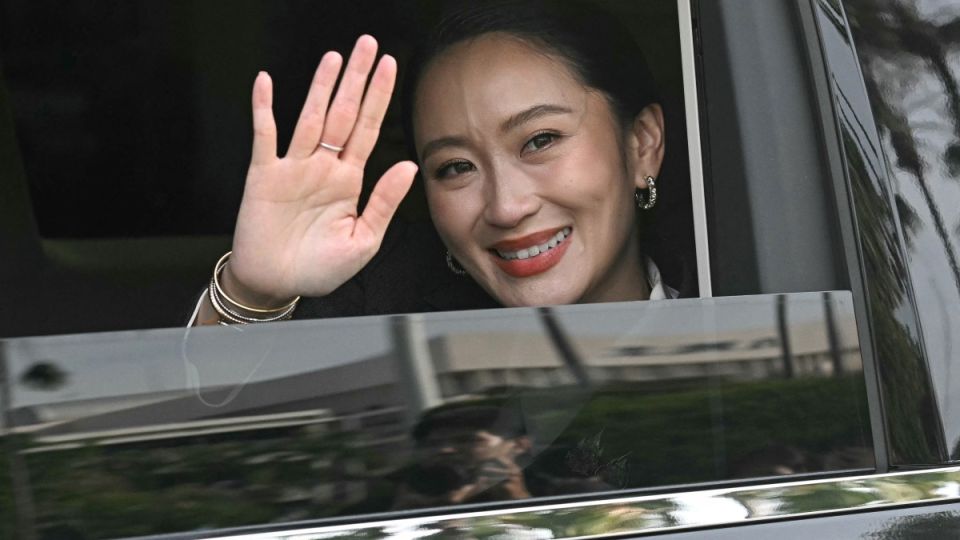September 1, 2025
BANGKOK – Thailand’s Prime Minister Paetongtarn Shinawatra has been ousted by the Constitutional Court for ethical misconduct, ending her tenure after just one year in office. This decision plunges the country and its fragile economy into further uncertainty.
WHAT HAPPENS NEXT?
Until a new prime minister is selected by parliament, Deputy Prime Minister Phumtham Wechayachai and the current cabinet will take over in a caretaker role. The timing of the parliamentary vote is uncertain, as the constitution does not impose a deadline for the lower house to convene.
The court’s decision sets the stage for intense political negotiations, with Thaksin Shinawatra, Paetongtarn’s influential father and former prime minister, likely to play a key role. The political landscape is complicated, and with multiple parties and power brokers involved, the process could be prolonged.
The ruling coalition holds a precarious majority of just seven seats, making any shift in allegiance highly impactful for Pheu Thai and the Shinawatra family’s political fortunes.
WHO ARE THE PM CANDIDATES?
Five candidates remain in the running, including Chaikasem Nitisiri, 77, a former justice minister and attorney general who has kept a low profile but is now ready to step forward. Pheu Thai, which had initially proposed three candidates, now backs Chaikasem alone.
Other possibilities include Anutin Charnvirakul, 58, a former interior minister and deputy prime minister, whose Bhumjaithai party withdrew from the coalition in June. Also in the mix are Energy Minister Pirapan Salirathavibhaga, former Deputy Prime Minister Jurin Laksanawisit, and former Prime Minister Prayut Chan-o-cha, 71, who led the 2014 coup against the last Pheu Thai government and now serves as a royal adviser.
WHAT’S NEEDED TO BECOME PM?
A candidate must secure the backing of at least 50 lawmakers before the house can vote. To be appointed prime minister, the candidate must gain more than half of the current 492 seats in the lower house—at least 247 votes.
If no candidate succeeds, the process is repeated until a prime minister is chosen, with no set time limit.
WHAT ARE THE POSSIBLE SCENARIOS?
Pheu Thai’s chances of retaining the premiership through Chaikasem depend on whether Thaksin can still maintain some form of alliance with Thailand’s conservative establishment, which wields significant political power and could derail his ambitions.
While the conservative old guard has a complicated history with Thaksin, some analysts suggest they may see him as the lesser evil. If Thaksin’s influence diminishes, the possibility of an early election increases, potentially opening the door to the People’s Party, a progressive opposition group with a reform agenda that challenges the interests of the conservatives and royalist military.
Although Chaikasem could serve as a temporary solution, his limited political experience makes it unlikely he would be able to deliver substantial reforms or revitalise the economy. Political instability may continue, with little hope for short-term economic improvement.
Another potential scenario is Anutin becoming prime minister, but he would need support both from his former coalition and the People’s Party, which has hinted at backing him if he commits to holding an early election. Lastly, an awkward compromise could see Prayut’s return, requiring him to cooperate with the deeply divided Pheu Thai party.


